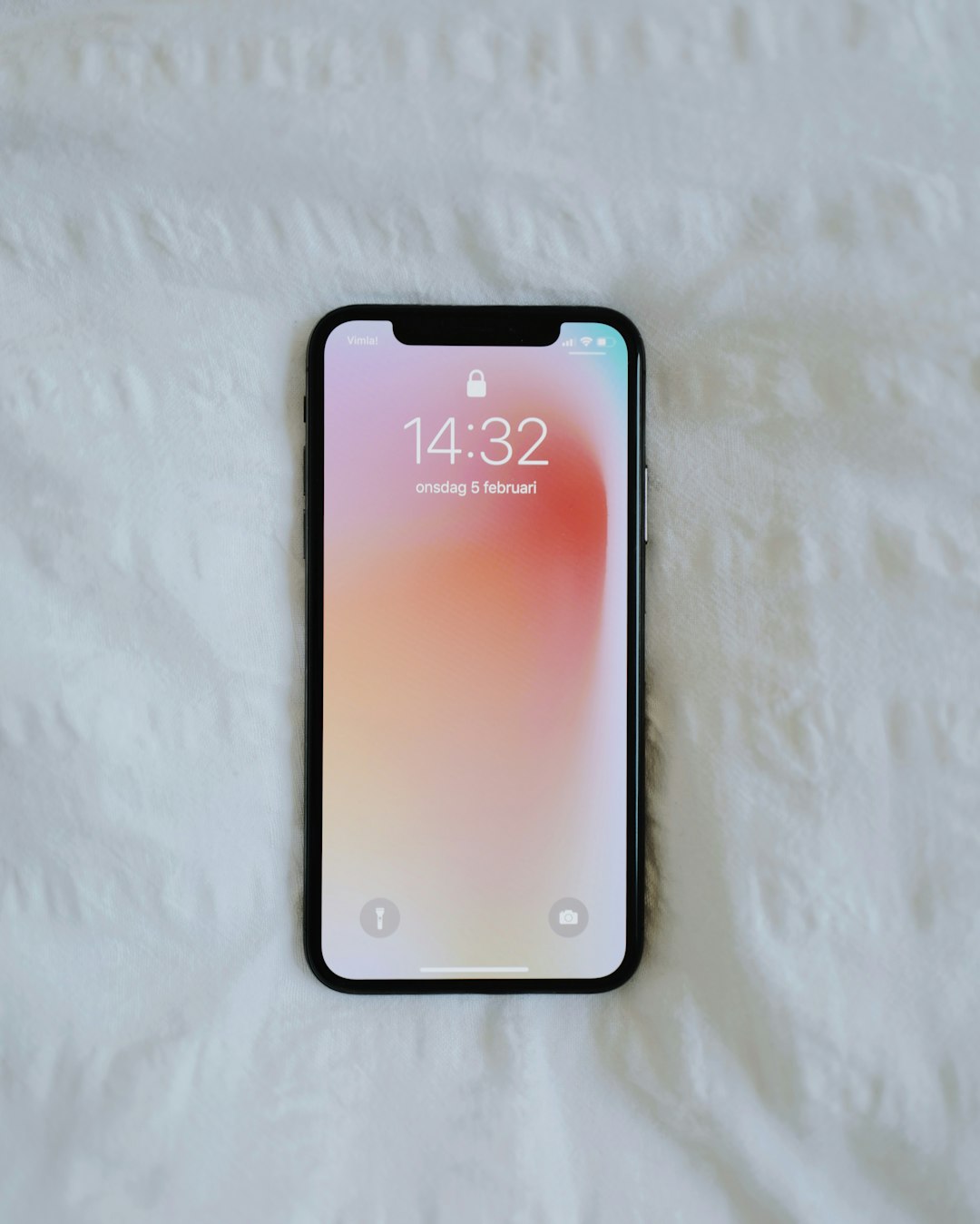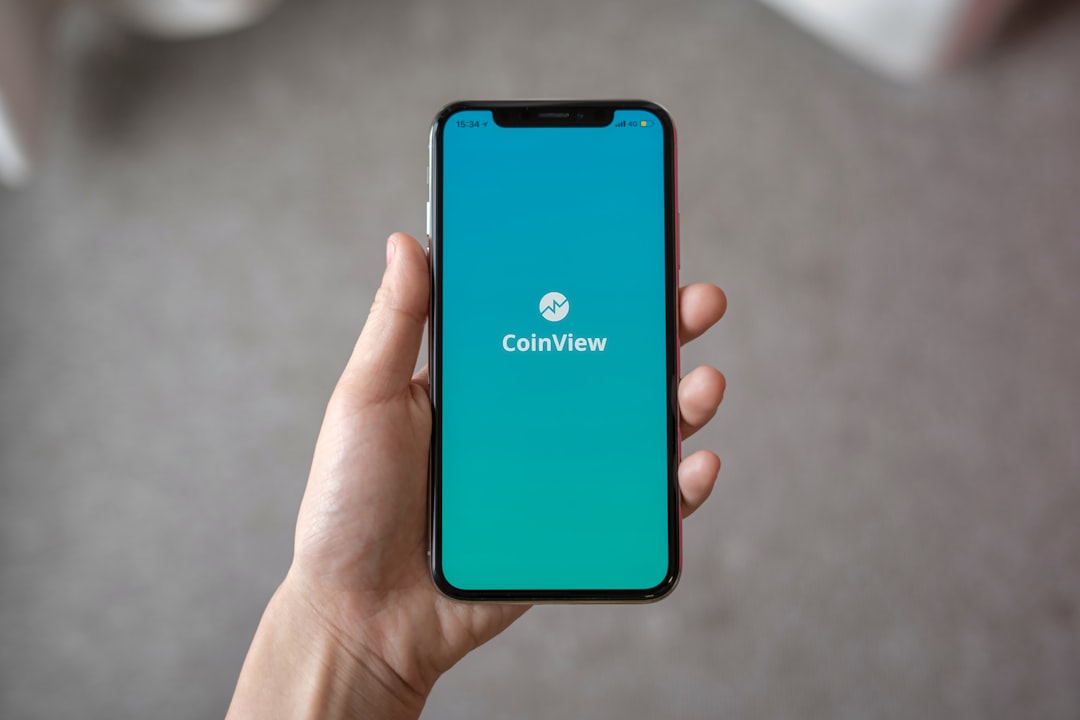Residents of Bluefield, West Virginia, facing unwanted telemarketing calls can revoke consent legally by consulting a specialized lawyer. This ensures compliance with state laws and stops persistent callers. Prompt action involves written notice to the caller and registration on "Do Not Call" lists. Legal experts guide clients through regulations, draft demand letters, and take legal action against violators, offering negotiation or court representation for severe cases.
In West Virginia, understanding call consent laws is crucial for consumers looking to protect themselves from unwanted telemarketing calls. This comprehensive guide delves into the process of revoking call permissions and offers insights into when it’s necessary. Learn about the role a lawyer for unwanted calls in West Virginia can play in navigating these cases and what steps to take after revoking consent to safeguard your rights.
Understanding Call Consent Laws in West Virginia

In West Virginia, call consent laws are designed to protect consumers from unwanted telemarketing calls and spam messages. As a resident of Bluefield or any other part of the state, you have certain rights regarding your phone privacy. If you’ve given permission for marketing calls but now wish to revoke it, understanding the legal framework is crucial. A lawyer specializing in unwanted call cases can guide you through this process, ensuring compliance with West Virginia’s Telemarketing Act.
This act provides guidelines on how businesses must obtain and maintain consumer consent for telemarketing activities. Revoking consent means telling the companies clearly that you no longer want their calls, and it should be done in writing to avoid any confusion or potential legal issues. Consulting a local lawyer experienced in handling such matters can help Bluefield consumers navigate these regulations effectively, ensuring they don’t face unwanted calls from persistent telemarketers.
When and How to Revoke Call Permissions

If you’ve given permission for a company or individual to contact you via phone but now wish to stop receiving calls, revoking your consent is the way forward. In West Virginia, consumers have certain rights regarding unwanted calls, especially if they feel their privacy has been invaded. The first step is to identify the source of the calls and gather relevant information, such as the caller’s name, company, and phone number. Next, contact the caller directly and inform them that you no longer consent to receiving calls from them. This can often be done through a written notice or an email, ensuring that you keep a record of your request.
If the unwanted calls persist despite your efforts, it may be advisable to consult a lawyer specializing in consumer rights or unwanted call cases. A legal professional can guide you through the process of sending a formal complaint to the appropriate regulatory bodies in West Virginia, which can help stop the calls effectively. Remember, acting promptly is crucial; the longer you wait, the harder it may become to resolve the issue.
The Role of a Lawyer in Unwanted Call Cases

In cases of unwanted calls, particularly those that are harassing or persistent, a lawyer can play a pivotal role in helping Bluefield consumers revoke call consent effectively. If you’re facing an overwhelming number of unsolicited calls, a legal professional specialized in consumer protection law can guide you through your rights and available options under West Virginia’s telecommunications regulations. They can assist in drafting official letters to the callers, demanding an end to the nuisance, and take necessary legal actions if the harassment persists.
Having a lawyer by your side provides several advantages. They can navigate complex laws surrounding telemarketing practices and ensure that your rights are protected. Additionally, they may be able to negotiate with the caller on your behalf or represent you in court if legal proceedings become inevitable. This expertise is invaluable when dealing with relentless unwanted calls, ensuring consumers in Bluefield have a powerful ally in resolving these distressing issues.
Protecting Your Rights: Next Steps After Revoking Consent

After revoking your consent for unwanted calls, it’s crucial to take proactive steps to protect your rights. The first step is to inform all relevant companies or individuals that you no longer wish to receive telemarketing calls. You can do this by sending a written letter or using the “Do Not Call” registries available in West Virginia.
Next, consider consulting with a lawyer for unwanted call in West Virginia who specializes in consumer protection laws. A legal expert can help ensure that your rights are fully protected and guide you through any further actions necessary to stop harassing calls. They can also assist in pursuing legal action if the violation is severe or ongoing.





